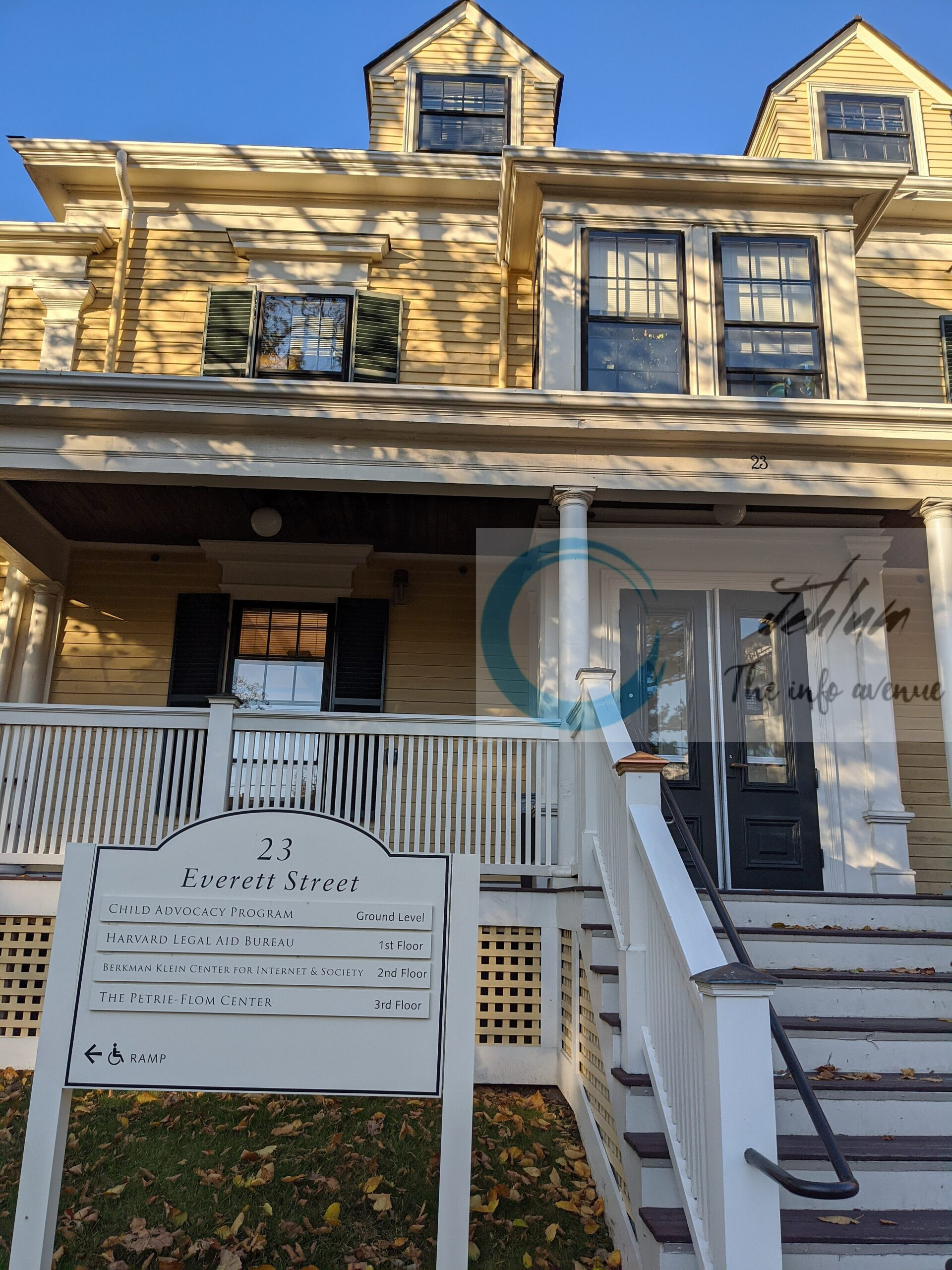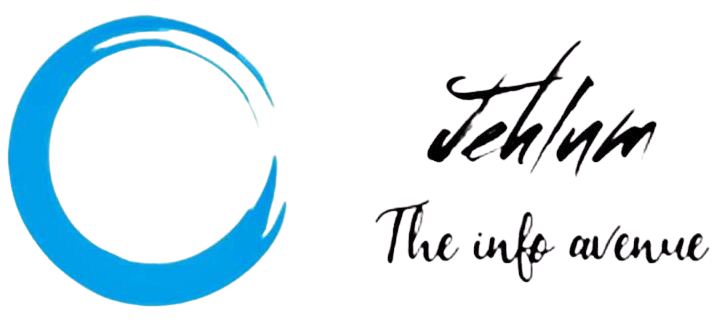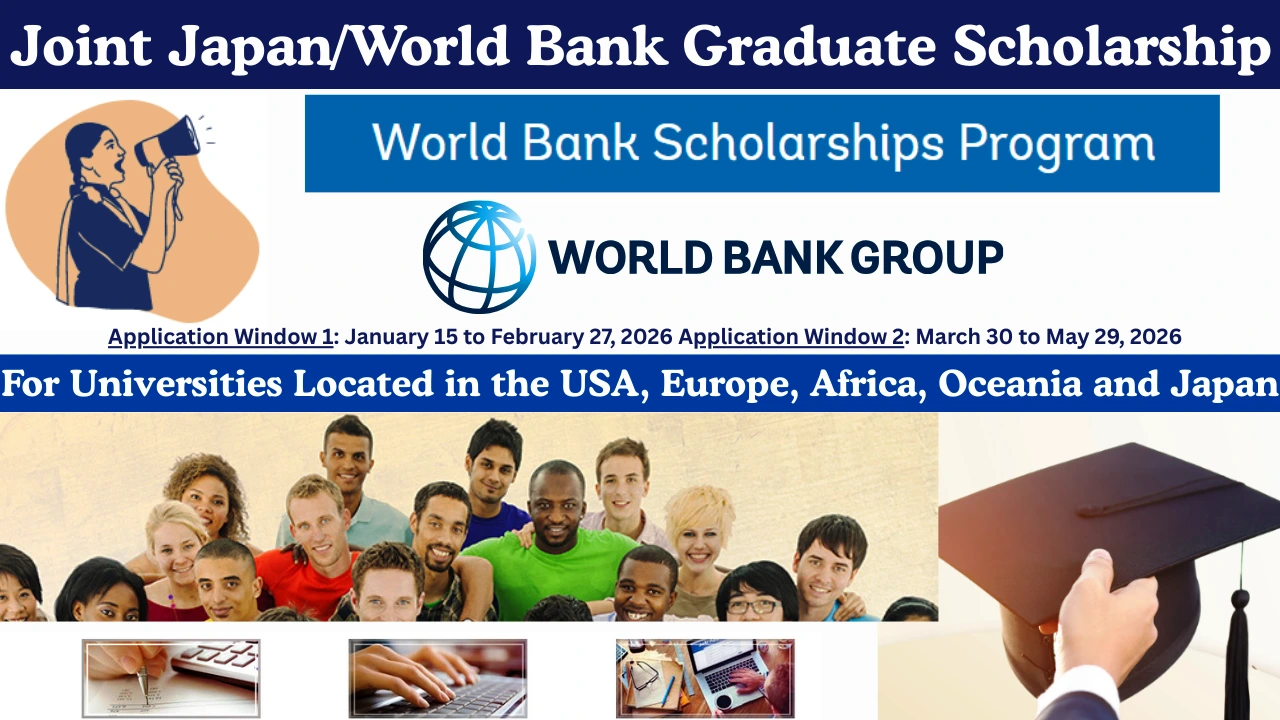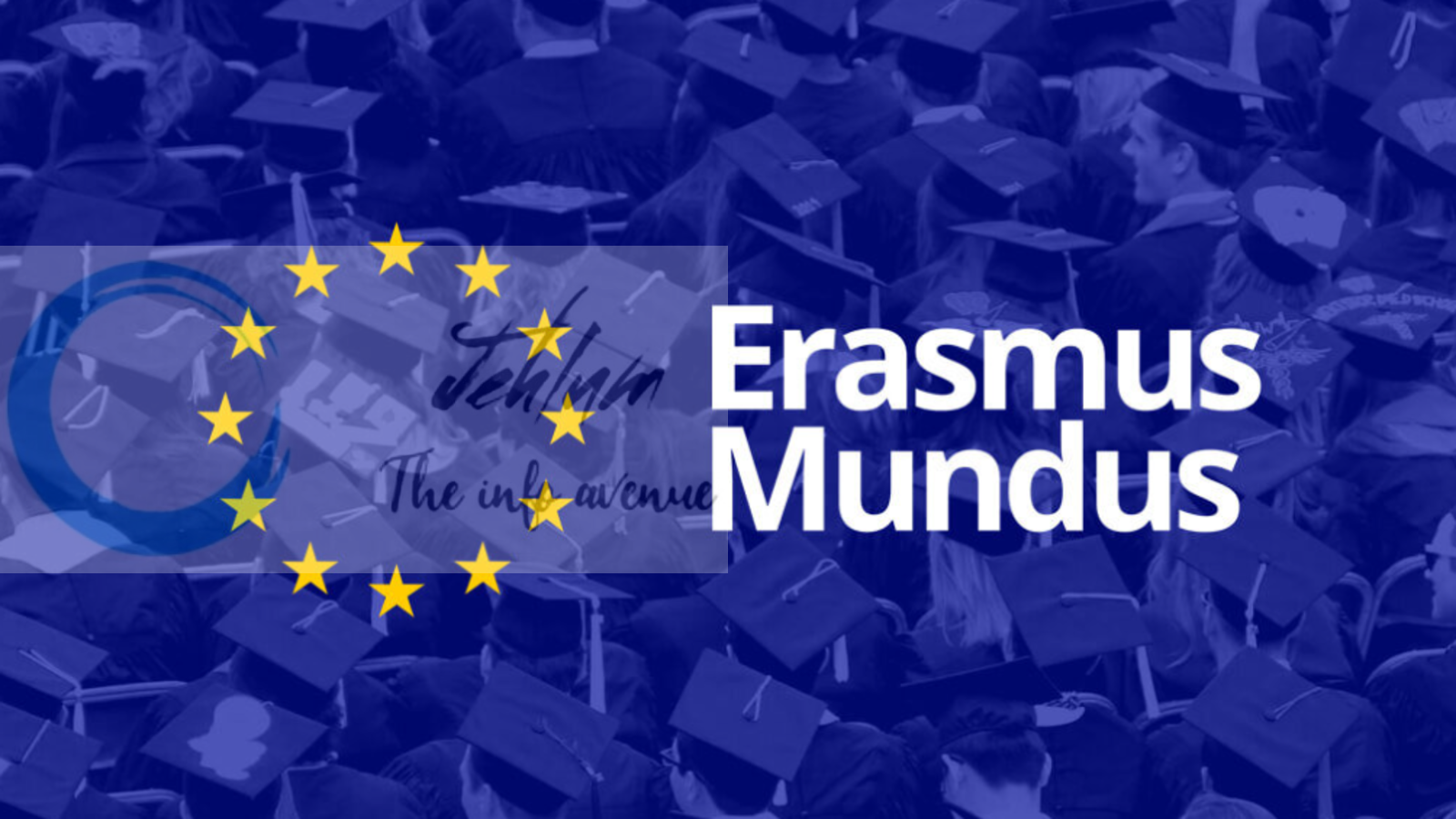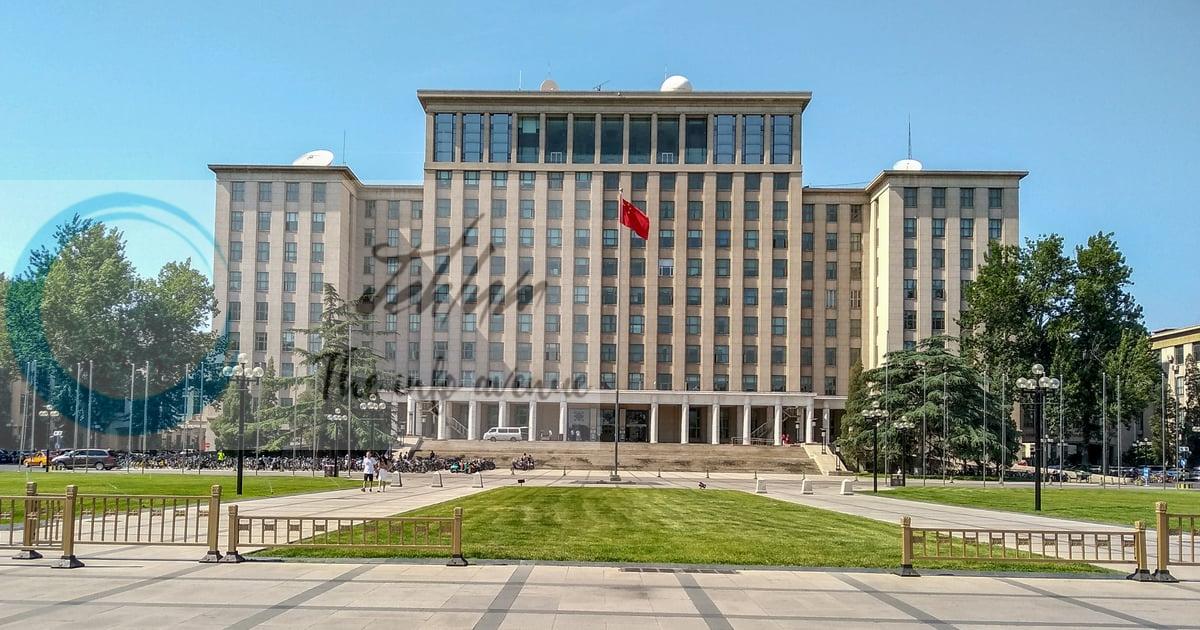About the Fellowship Program
Since its inception in 1996, the Berkman Klein Center has fostered a unique fellowship model that values a broad spectrum of backgrounds and expertise. Unlike traditional programs focused primarily on academic credentials, BKC’s fellowship approach elevates interdisciplinary work, multisectoral experience, and practical contributions to real-world challenges. Fellows join a vibrant, globally engaged community that spans academia, industry, law, policy, civil society, and the arts.
The fellowship allows appointees to dedicate a sustained period to developing innovative research, producing public-facing work, exploring new methodologies, and contributing meaningfully to debates on technology, governance, and society.
Research Priorities for the 2026 Cycle
For the upcoming fellowship term, BKC will prioritize research focused on shaping, governing, and understanding emerging AI systems. Key thematic areas include:
Agentic AI – Examining the rapid deployment of AI agents capable of autonomous decision-making, environmental modification, and inter-agent interaction. Research in this area addresses measurement, oversight, systemic risk, and mechanisms for accountability.
Language Model Interpretability – Developing methods, standards, and institutional frameworks to better understand how and why language models behave as they do, enabling safer integration into high-stakes domains.
Benchmarking Beyond Intelligence Measures – Designing new evaluation systems for AI that assess dimensions such as social cognition, agency, loyalty, and subjective experience, offering a fuller picture of system capabilities.
AI and the Human Experience – Investigating how AI influences core aspects of human life, including relationships, creativity, spirituality, meaning, and cognitive development. Projects in this area aim to safeguard human dignity and agency.
Bridging the AI Triad – Bringing together accelerationists, safety-focused researchers, and skeptics to foster dialogue, inform policy, and encourage responsible innovation across ideological divides.
Expectations and Fellowship Contributions
Each fellow is expected to produce at least one significant output that advances public scholarship or informs policy, governance, or practice. This may include technical prototypes, new machine learning methods, datasets, open-source tools, research papers, policy memos, workshops, podcasts, long-form articles, or public events.
Fellows also participate actively in BKC’s community life through seminars, reading groups, collaborative projects, and mentorship opportunities. This engagement strengthens both individual projects and the collective work of the Center.
Timeframes and Residency
Applicants may select one or both fellowship periods:
- January–August 2026
- September 2026–August 2027
While BKC strongly encourages fellows to spend substantial time in residence in Cambridge, the Center will consider non-residential arrangements on a case-by-case basis.
Who Should Apply
The program welcomes applications from a wide range of candidates:
- Scholars, including professors and postdoctoral researchers
- Technical researchers and engineers, especially those working on AI, interpretability, or open-source infrastructure
- Practitioners from industry, government, law, and civil society
- Interdisciplinary professionals blending technical and non-technical perspectives
Technical applicants are encouraged to demonstrate expertise in areas such as Python, modern machine learning frameworks, agent architectures, open-weight model ecosystems, and reproducible research tools.
Funding and Resources
BKC offers a limited number of funded fellowships. Fully funded fellows may receive up to $6,250 per month, capped at $75,000 per year, depending on their financial needs and other sources of support. Externally funded applicants are also welcome.
Fellows in residence will have access to shared workspaces, Harvard University libraries, campus resources, research centers, and potential teaching opportunities. All fellows may audit courses with instructor approval.
Application Requirements
Applicants must submit the following as PDFs:
- A curriculum vitae
- A 1–2 page cover letter outlining background, motivations, and contributions
- A 2–3 page research proposal
- 1–3 work samples compiled into a single PDF
- Contact information for two references
Applications close December 5, 2025, at 11:59 p.m. ET.
Disclaimer: Global South Opportunities (GSO) is not the fellowship organization. For any inquiries, please contact the official organization directly. Please do not send your applications to GSO, as we are unable to process them. Due to the high volume of emails, we receive daily, we may not be able to respond to all inquiries. Thank you for your understanding.
Frequently asked questions
Telegram
Berkman Klein Center harvard Fellowship opportunities 2026–2027
Berkman Klein Center harvard Fellowship opportunities 2026–2027
Berkman Klein Center harvard Fellowship opportunities 2026–2027
Berkman Klein Center harvard Fellowship opportunities 2026–2027
Berkman Klein Center harvard Fellowship opportunities 2026–2027
Berkman Klein Center harvard Fellowship opportunities 2026–2027
Berkman Klein Center harvard Fellowship opportunities 2026–2027
Berkman Klein Center harvard Fellowship opportunities 2026–2027
Berkman Klein Center harvard Fellowship opportunities 2026–2027
Berkman Klein Center harvard Fellowship opportunities 2026–2027
Berkman Klein Center harvard Fellowship opportunities 2026–2027
Berkman Klein Center harvard Fellowship opportunities 2026–2027
Berkman Klein Center harvard Fellowship opportunities 2026–2027
Berkman Klein Center harvard Fellowship opportunities 2026–2027
Berkman Klein Center harvard Fellowship opportunities 2026–2027
Berkman Klein Center harvard Fellowship opportunities 2026–2027
Berkman Klein Center harvard Fellowship opportunities 2026–2027
Berkman Klein Center harvard Fellowship opportunities 2026–2027
Berkman Klein Center harvard Fellowship opportunities 2026–2027
Berkman Klein Center harvard Fellowship opportunities 2026–2027
Berkman Klein Center harvard Fellowship opportunities 2026–2027
Berkman Klein Center harvard Fellowship opportunities 2026–2027
Berkman Klein Center harvard Fellowship opportunities 2026–2027
